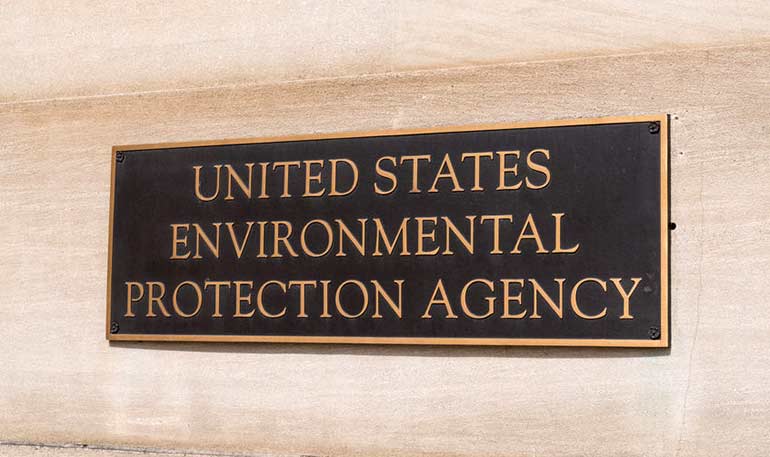$72,000 settles ammonia safety case
20th March 2024
USA: A seafood distributor will pay a penalty of $72,000 for violating chemical accident prevention requirements following an accidental release of ammonia in 2020.
Under a proposed consent agreement and final order (CAFO), Northern Wind LLC, a private company based in New Bedford, Massachusetts, will settle the US Environmental Protection Agency’s (EPA) allegations of violations of the Emergency Planning and Community Right-to-Know Act (EPCRA) and the Clean Air Act’s chemical accident prevention requirements.
On August 4, 2020, an accidental release of anhydrous ammonia occurred at Northern Wind’s cold storage warehouse and distribution centre in New Bedford. The building and the 12 employees were evacuated with no reported injuries. The ammonia leaked from a faulty isolation valve on the drain of the pilot receiver in the building’s refrigeration system.
The EPA alleges that Northern Wind violated EPCRA Section 312 by failing to timely submit the required Tier 2 form for anhydrous ammonia to the local emergency planning committee, the state emergency response commission, and the local fire department for calendar year 2019. That year, Northern Wind’s facility stored at least 1,050 lb (476kg) of anhydrous ammonia. The Tier 2 reporting threshold for ammonia is 500 lb (227kg). The facility’s Tier 2 report for anhydrous ammonia was due by March 1 of 2020. Northern Wind filed the missing report on August 10, 2020.
The EPA also alleges that Northern Wind violated the General Duty Clause of the Clean Air Act by failing to properly identify hazards that may result from accidental releases of anhydrous ammonia using appropriate, industry recognised hazard assessment techniques.
“The thousands of people who live and work near this facility have the right to feel safe from the serious health issues and other consequences of chemical accidents,” said EPA New England regional administrator David W Cash. “This action reduces the risks of chemical accidents in neighbourhoods that already have shouldered a greater share of environmental concerns.”







